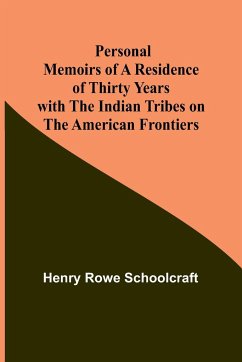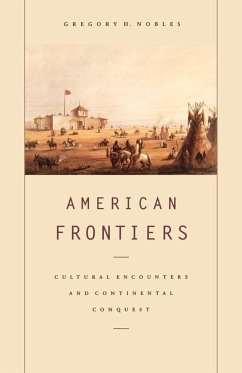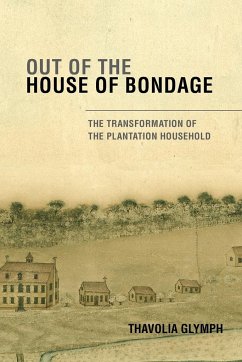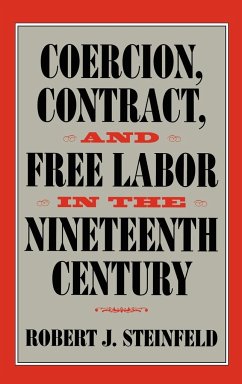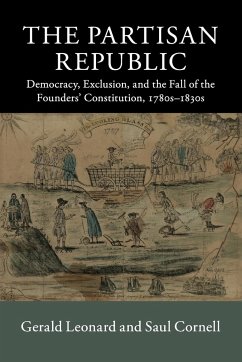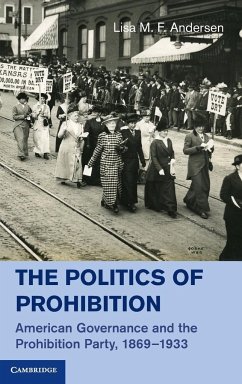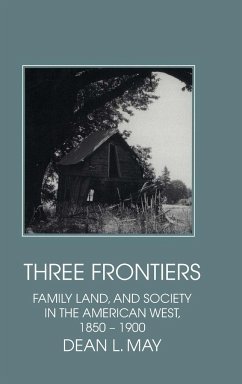
Three Frontiers

PAYBACK Punkte
52 °P sammeln!
This book is a study of the values and aspirations of the earliest agrarian settlers in the Far West and how they changed in the frontier setting. It compares rural people who settled in the Willamette Valley in the 1840s, the Utah Valley in the 1850s, and the Boise Valley in the 1860s. The author explores the reasons for Americans' move away from a culture centering on family and kin and from attitudes that valued and protected the land, not for its commercial worth but as the base of support for future generations. The root of our present tendency to pursue individual pleasure and material w...
This book is a study of the values and aspirations of the earliest agrarian settlers in the Far West and how they changed in the frontier setting. It compares rural people who settled in the Willamette Valley in the 1840s, the Utah Valley in the 1850s, and the Boise Valley in the 1860s. The author explores the reasons for Americans' move away from a culture centering on family and kin and from attitudes that valued and protected the land, not for its commercial worth but as the base of support for future generations. The root of our present tendency to pursue individual pleasure and material well-being at the expense of communal and broader societal well-being is the issue that lies at the heart of this comparative study of three peoples who pioneered the American frontiers.





